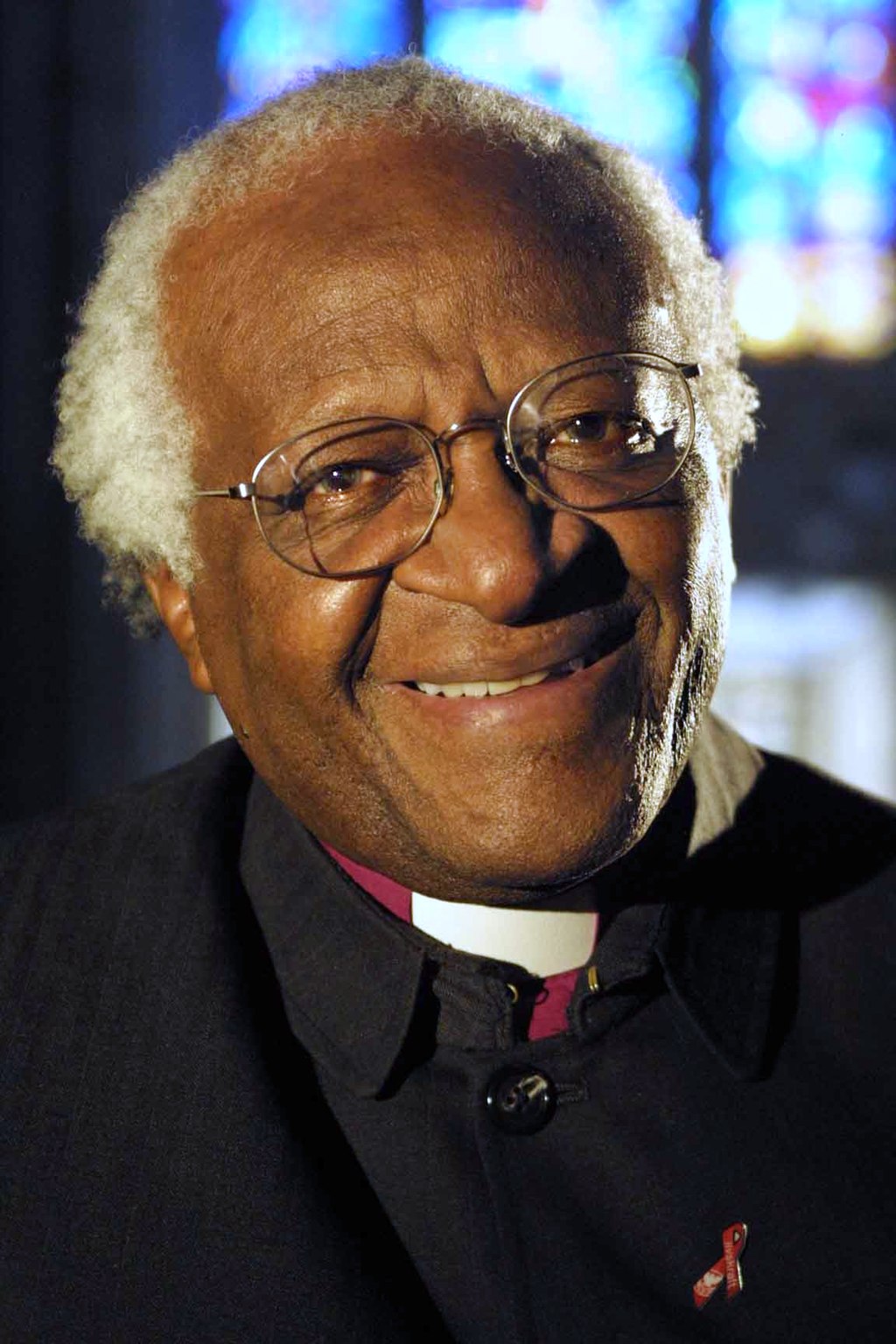
Martyn Percy: Embrace the “Tutufication” of the Church of England Finale
March 10, 2022
Modern Believing Books Received July 2022
March 19, 2022The Very Revd Professor Martyn Percy, Dean of Christ Church, Oxford
After the Virus: Lessons from the Past for a Better Future
Hilary Cooper & Simon Szreter, Cambridge University Press, 2021. £6.80 (pb)
Why was the UK so unprepared for the pandemic, suffering one of the highest death rates and worst economic contractions of the major world economies in 2020? Hilary Cooper and Simon Szreter reveal the deep roots of our vulnerability and set out a powerful manifesto for change post-Covid-19. They argue that our commitment to a flawed neo-liberal model and the associated disinvestment in our social fabric left the UK dangerously exposed and unable to mount an effective response. This is not at all what made Britain great. The long history of the highly innovative universal welfare system established by Elizabeth I facilitated both the industrial revolution and, when revived after 1945, the post-war Golden Age of rising prosperity. Only by learning from that past can we create the fairer, nurturing and empowering society necessary to tackle the global challenges that lie ahead – climate change, biodiversity collapse and global inequality.
Hilary Cooper is a Cambridge based economic consultant, researcher and writer. Her early career was as a government economist and senior policy maker. Her current areas of research include: inequality and child poverty; diversity and the gender pay gap; population ageing, social care and intergenerational inequality. Hilary wrote the Bluffer’s Guide to Economics in 2006 and in July 2019 she was announced as joint winner of the 2019 IPPR economics prize for the essay, Incentivising an Ethical Economics, with co-authors Simon Szreter and Ben Szreter.
Simon Szreter is Professor in History and Public Policy in the University of Cambridge and Fellow of St John’s College, Cambridge. He teaches and researches modern British Economic and Social history since 1700 and the history of World Population, Development and Environment. For his distinguished contribution to public health history he was the first non-American to be awarded the Viseltear Prize by the American Public Health Association. His co-authored book Sex Before the Sexual Revolution was longlisted for the Samuel Johnson Prize.
Hilary and Simon live in Cambridge and are married to each other. And here I should declare an interest as both a colleague and friend. Over the last 25 years, Simon’s work has helped me understand the relationships between class, fertility and gender in Victorian and Edwardian society, and the impact these factors had on religion (e.g., clergy households, attitudes to contraception, divorce, remarriage, etc.). He has also written on health and wealth, and on sexually-transmitted disease (Hidden Affliction: Sexually Transmitted Infections and Infertility in History, Rochester Studies in Medical History).
For some years now, obesity has been flagged as contributory cause of cancer. About 140 cancer cases a week in Wales could be avoided if patients made lifestyle changes, a study has shown. Cancer Research UK found tobacco smoke caused about 3,000 (15%) cases of cancer in men and women in 2015, while 1,000 (5%) were attributed to be overweight or obese. Obesity is attributed as a cause of thirteen types of cancer, including cancers of the bowel, breast and kidney, and results suggest one in twenty diagnoses could be prevented by maintaining a healthy weight. obesity is a rising medical problem. There are many detrimental health effects of obesity: Individuals with a BMI (Body Mass Index) exceeding a healthy range have a much greater risk of medical issues. These include heart disease, diabetes, many types of cancer, asthma, and other problems. There is also a focus on the correlation between obesity and mortality.
Common food and common eating is the hallmark of fellowship. When training for ordination, Emma and I spent a year on placement at Consett in County Durham. This once proud steel town had been decimated by the economic ravages of Thatcherism, and rates of unemployment were high, with the other accompanying indices of health, obesity, smoking and long-term depression. When we lived in Sheffield, the average age of death was ten years greater than a parish barely two miles away. Social and economic conditions made all the difference.
In a parish with high unemployment, poor housing and few prospects, the shopping facilities were limited: betting, fast-food and newsagents selling alcohol and cigarettes dominated, as did pay-day loan shops. In the other parish, there was a Virgin gym, two supermarkets, and plenty of open space for recreation – with good employment (education, health, etc.). In the first parish, clergy took the funerals of people who died of heart disease and cancer. In the other parish, there were far fewer funerals, and mostly from diseases usually connected to old age (e.g., dementia).
We are well-aware that food, diet and health can be a dinner-time conversation. Recently, one of our guests at high table – a dietician – asked me what my Body Mass Index (BMI) and weight was. To both our surprises, I knew both figures – I have a BMI of 21; weight of around 56kg. But I digress. Here, we are interested in the connections between diet, health, wealth and life. So, what of this book from the Cooper-Szreter partnership? There are four parts that would all repay, amply, the time set aside for reading and study. This is, quite simply, a brilliant book.
Part one examines the extraordinary history of pandemics. We are never ready, it seems. They always catch us out, and come as a nasty ‘surprise’. Part two cuts more deeply. The failings of neo-liberalism, the rise of inequality and stubborn links between poverty and disease are thoroughly aired. Part three goes into greater detail on austerity, welfare and wealth. It paves the way for the finale. Part four looks at the prospects for collectivist individualism, the welfare state, building collective commitment, and empowering communities. Cooper and Szreter conclude with a call for a new collectivism rooted in participation, enabling, ethics, fairness, listening, openness and sustainability.
Cooper and Szreter have given us a bold, fresh, challenging and compelling vision for society. As a map of the future – a veritable modern mappa mundi – it is one rooted in the purest common sense – and by ‘common sense’, I mean the sharing of wisdom and knowledge for the equal benefit of all.
The future mapped out is one, I suspect, that will chime with most members of the MCU and readers of this website. But what of the present? Social, economic and political maps can be very illuminating. In the United Kingdom, obesity is now one of our biggest threats to health, and one of our biggest killers. Yet it is not a disease of the rich; but the poor. Maps of the United Kingdom spell out the demographics of obesity plainly. The concentrations of obesity lie in our poorest and most disadvantaged communities.
A map of Scotland from September 2014, showed that the concentrations of population voting ‘yes’ to independence correlated precisely with earlier maps that charted concentrations of obesity (i.e., parts of Glasgow, Dundee, etc.). In turn, those maps of obesity also correlated precisely with indices of poverty and unemployment. And the maps charting the related consequences – cancers, heart conditions and diabetes – follow in their wake. The areas in Scotland that voted ‘no’ to independence were, unsurprisingly, the wealthiest and healthiest.
If the same maps were placed on the UK as a whole, and we looked at the shaded areas for Brexit-voters, we would find the strongest concentration of leave-votes in our most disadvantaged communities. Indeed, if one removed the captions below these maps, and shuffled them up a bit, we would discover the maps all looked similar. Unemployment, longevity, health, wealth and politics (i.e., leave the UK, leave the EU) all match obesity, cancer, diabetes and heart disease. Only the captions are different. The maps are essentially similar. To paraphrase one former British Prime Minister, we need to be tough on disease, but also tough on the causes of the disease.
The ‘Brexit’ Referendum process opened a deep wound in the body politic and in our society, and it will take considerable energies to bring about processes of healing and reconciliation. If we fail to see the enormity of the task, the wound will simply fester; the pain and potential for political poison will only spread, going deeper. The Referendum of 2016 produced alarming maps of human geography. Almost 75% of our young people voted to remain. Two-thirds of our pensioners voted to leave. Around 75% of those with second degrees voted to remain. Around 75% of those with no degree voted to leave. Our maps show divisions between young and old, rich and poor, shire and city, region and province, county and town. We are atomised and divided as a society as never before, and are in dire need of a new kind of social polity that inaugurates mutual comprehension, reconciliation, compassion and wisdom.
The consequences of this are serious. And as we have already discovered, ‘economics’, as a ‘science’, can then simply reduce everything to the realm of commodification: labour, services, relationships – and even religion. Michael Sandel (2012: 129) thinks the balance may have tipped:
…we believe that civic duties should not be regarded as private property but should be viewed instead as public responsibilities. To outsource them is to demean them, to value them in the wrong way…without quite realising it, without ever deciding to do so, we have drifted from having a market economy to being a market economy.
Sandel is keen to proscribe the limits of the free market economy. We cannot ‘buy’ friends, for example, as friendship is constituted by certain norms, virtues and attitudes that are beyond pricing: sympathy, generosity, thoughtfulness and attentiveness cannot be replaced by market values. To attempt to purchase such characteristics as commodities would be to simultaneously destroy them in the very act of procurement. Money can’t buy love; and it can’t buy true friendship either.
On August 15th 1665, the weekly statistics on deaths in London were published. Bills of Mortality had been continuously published since 1603 by the Worshipful Company of Parish Clerks. By 1665 London had 130 parishes, and these Bills of Mortality provide a fascinating insight into how people viewed health, safety and mortality. August 15th 1665 records that eight people died of “excessive winde”, one person from “lethargie”, one from being “frighted” (more were recorded in previous weeks), another from “meagrome”, over one hundred from “teeth”, just fifteen from “wormes”, six from “thrush” – and over six-and-a-half thousand from something called “plague”. The register adds that same week there were one-hundred and sixty-eight Christenings. To say that the plague of London – the Great Plague, as it became known – was devastating, is to understate the matter. In just eighteen months, almost a quarter of Londoners died from bubonic plague.
We tend to view this tragic pandemic of seventeenth century London through rather rose-tinted spectacles. The reality is that dense, overcrowded and insanitary living conditions brew-up disease like nothing else. Our present political leaders have, to a large extent, paid little attention to similarities in the dynamics that made London a no-go area in 1665-6, and Covid-19 today. Frank Snowden’s Epidemics and Society (Yale, 2019) highlighted how massive increase in urbanisation and intercontinental travel has exposed us, globally, to new pandemics. The warning signs were already here: HIV/AIDS, Avian Flu’, Zika, Sars, Ebola – to name but a few.
We have rather assumed that the teleology of our highly-developed societies gave us immunities to relatively recent afflictions, such as polio, tuberculosis, and Spanish flu’. In fact, some of these older diseases and pandemics – typhus, cholera, smallpox, consumption – have been surfacing again in the twenty-first century. Poverty, and cramped, poor, unhealthy social conditions, act as breeding grounds for new viruses and bacteria. Malaria always thrives in environments where there is polluted, still water. It still kills five million children a year under the age of two.
Our ancient forbears had a phrase we should remember: “salus populi, suprema lex esto” (“public health is the highest law, and all else follows from it”). So the marketisation of health, welfare and other forms of basic care runs enormous risks for both the Developed World and the Developing World. Healthcare, rather like education, is an inherently not-for-profit enterprise.
Why? Because everyone matters. And everyone eventually picks up the bill for the deprivation of education and healthcare in other places, because it will always directly or indirectly affect the whole of society. Politicians and people can try and evade their official and civic duties and responsibilities; but cannot avoid the consequences of such neglect. What we sow, we reap.
As Einstein once said, “Not everything that counts can be counted; and not everything that can be counted, counts”. Sometimes it is only the shock and despair at the manner of people’s deaths that leads us to regard the lives of others, and how to respond. Think Live Aid. Think Christian Aid. “We believe in life before death”.
The common denominator is that there is not much one can do to escape pandemics and their social and economic consequences. Plagues come and go. We are seldom ready for them. When confronted by their reality, we often go into denial. The numbers now published on Covid-19 have as much impact as the Bills of Mortality in 1665. Inside, most people say to themselves, as they have done in previous centuries, “it won’t happen to me”. Maybe.
There is one simple fact here: our figures for Covid-19-related casualties are stubbornly rooted in densely-populated, poverty-challenged urban areas. The real, underlying figures, show that we are, as a nation, endemically unequal. Our epidemiologists find themselves unintentionally plagiarising our social and political geographers mapping unemployment, disadvantage and other indices of poverty. Pandemics have patterns (i.e., follow the money).
One the most heart-rending BBC interviews I have seen over the past few years was a woman from New York City who had lost her job. As have over thirty million other Americans. Like many who have found themselves unemployed, she lost her health insurance too. Most Americans have their health insurance tied to their employer, and few in the USA would question the wisdom of that.
However, this woman was currently halfway through her cancer treatment, and awaiting more chemotherapy. But that was no longer possible, because she had no job, and personally could not afford it. And even if she could buy the healthcare she needed, she would be bidding against others for slots that have already been block-booked and purchased by prioritised health insurers. She probably did not die of Covid-19. She somewhat stoically remarked that testing for the virus was free in the USA. Treatment, however, was not. She is destined to become another number – yet probably a statistic that won’t be counted in the pandemic.
Social distance between God and humanity is abolished in Christ’s divine-human compassion. God is with us. “Do not be afraid” and “do not fear” are phrases Jesus often repeats in the gospels, over seventy times. We would be wise to remember that “perfect love casts out fear” (1 John 4: 18), and remember that the reverse is also true: “perfect fear drives out love”.
The Christian calling is not to be fretful and fearful, but to become an extension of God’s courageous, endlessly-expended love for this world. This requires quiet mettle, resolved courage and compassionate humanitarianism. As a vocation, it is inherently costly and sacrificial. Such love does not seek its own security, or any kind of reward. It is enduring and un-tiring in the pursuit of equality and justice. There is no place or space for post-viral fatigue. The urgency is now.
Cooper and Szreter have not written a religious, theological or spiritual book. It is one of compassionate humanitarianism; sharing and caring for all; civil social polity; economic and educational opportunity; levelling-up; and rooted in equality and fairness. This is a fine book. As Cooper and Szreter say, living together like this is merely common sense. May we all acquire it.
Fearful Times; Living Faith Robert Boak Slocum and Martyn Percy




